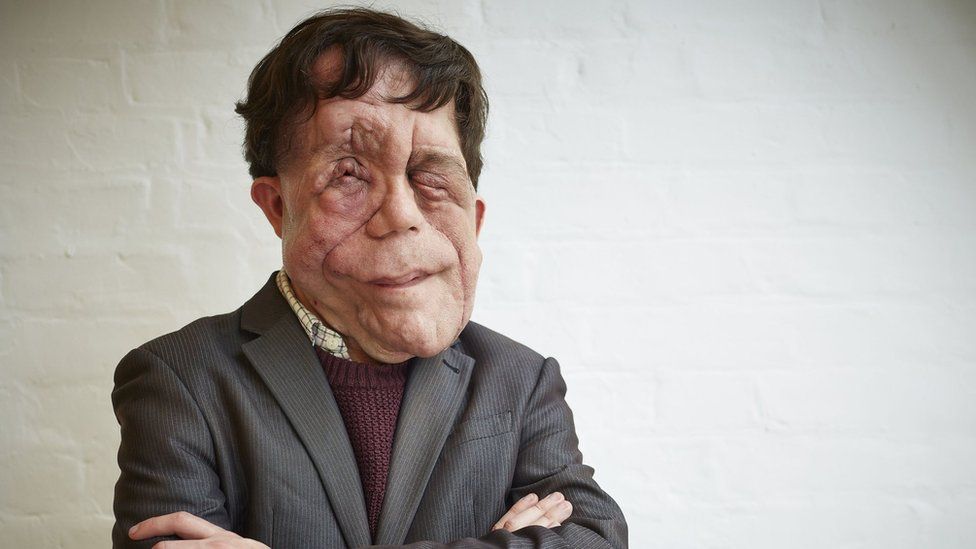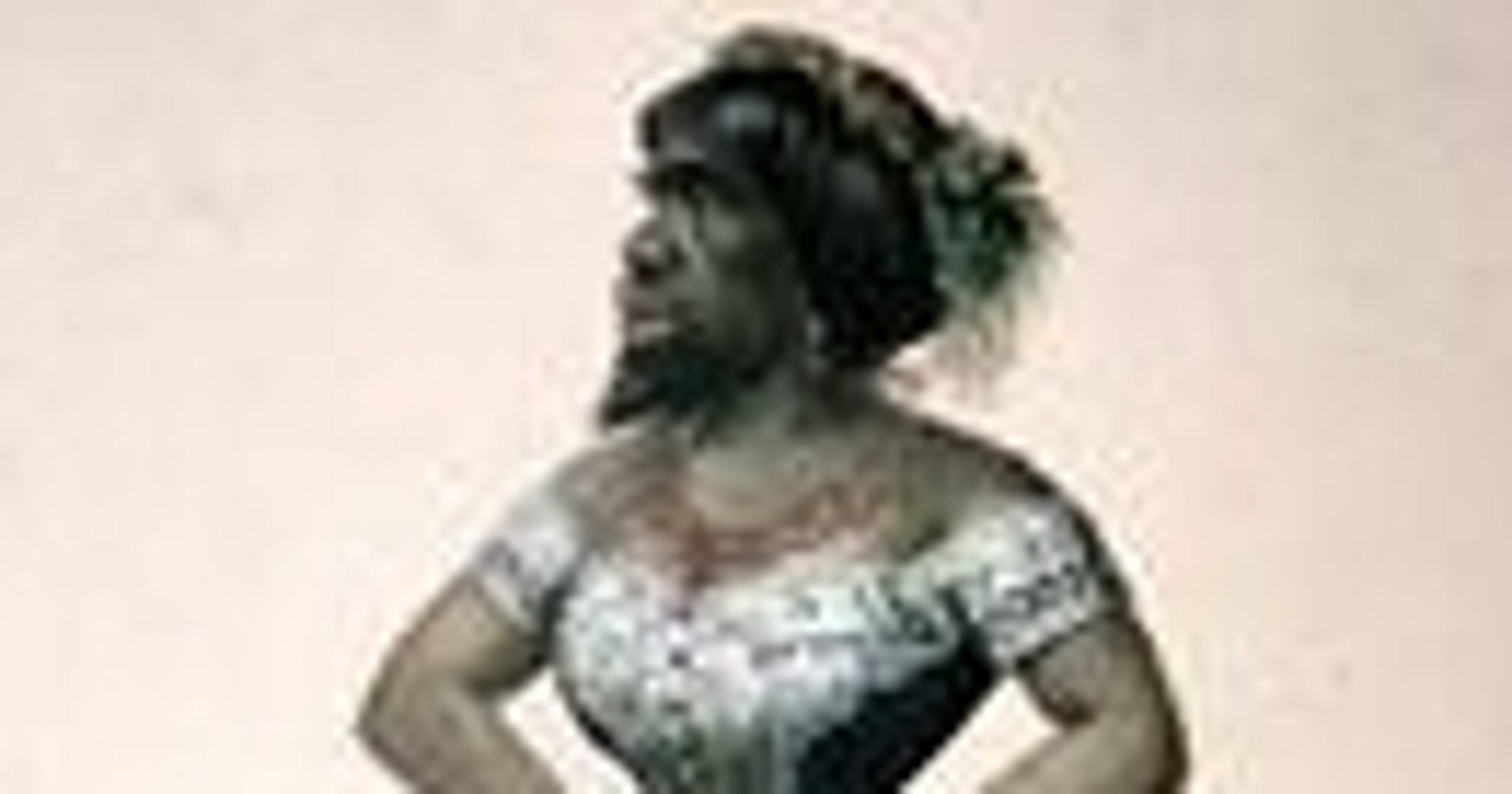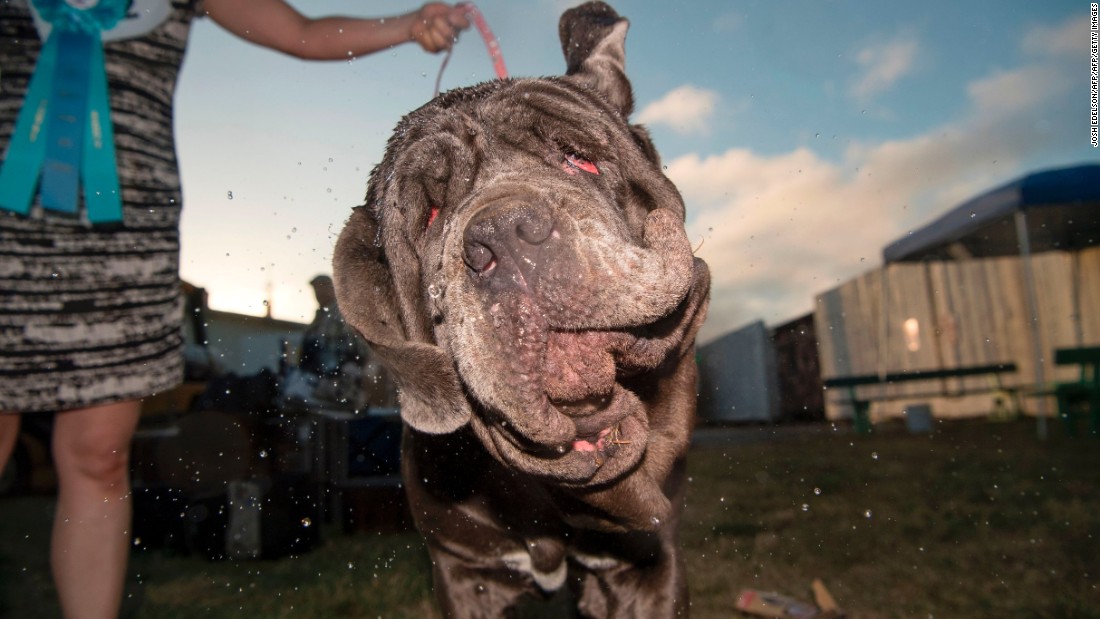The Most Ugly Person In The World: A Deep Dive Into Perceptions Of Beauty
Beauty is often said to be in the eye of the beholder, but what happens when we explore the concept of ugliness? In this article, we will delve into the intriguing topic of "the most ugly person in the world," examining societal perceptions, psychological implications, and the cultural contexts surrounding the idea of physical appearance. We will uncover how these notions affect individuals and how they can lead to both stigma and resilience.
The concept of ugliness is not merely about looks; it is intertwined with cultural beliefs, societal norms, and personal experiences. This article aims to provide a comprehensive understanding of how perceptions of beauty and ugliness shape our world. We will explore real-life cases, psychological studies, and the impact of media portrayals on our views of physical appearance.
Through this exploration, we will establish a narrative that fosters empathy and understanding, rather than judgment. Join us as we dissect the complexities of beauty and ugliness, and discover how these perceptions influence our lives and the lives of those labeled as 'ugly.'
- Frozen Let It Go Meme The Cultural Phenomenon That Captivated The Internet
- How Long Ago Was 2016 A Comprehensive Exploration
Table of Contents
- Definition of Ugliness
- Cultural Views on Ugliness
- Psychological Impact of Being Labeled Ugly
- Famous Cases of 'Ugly' Individuals
- Media Influence on Beauty Standards
- Resilience in the Face of Ugliness
- Case Study: The Most Ugly Person
- Conclusion
Definition of Ugliness
The term 'ugliness' is often defined not only as a lack of beauty but also as something that evokes a sense of discomfort or aversion. Ugliness can stem from various attributes—facial features, body shape, or even a person's demeanor. In many cultures, these perceptions are heavily influenced by societal standards of beauty.
Variations in Definition
It is essential to note that definitions of ugliness can vary significantly across different cultures and time periods. For instance:
- In some cultures, fuller body shapes may be considered attractive, while in others, they may be viewed as unattractive.
- Facial symmetry is often associated with beauty, leading to the notion that asymmetrical features are ugly.
- Cultural practices, such as body modification, can alter perceptions of beauty and ugliness dramatically.
Cultural Views on Ugliness
Cultural contexts greatly influence how ugliness is perceived. Different societies have varying standards that dictate what is considered attractive or unattractive.
- Purple Monkey In A Bubblegum Tree A Whimsical Journey Into Imagination
- Pads With Wings The Ultimate Guide To Comfortable And Secure Protection
Historical Perspectives
Throughout history, the perception of ugliness has evolved. In ancient times, beauty standards were often tied to social status, wealth, and health. For example:
- In the Renaissance, plump figures were admired as they signified wealth and prosperity.
- During the Victorian era, pale skin was a sign of nobility, as it indicated one did not have to work outdoors.
Modern Cultural Influences
In contemporary society, media and pop culture play a significant role in shaping perceptions of beauty and ugliness. The rise of social media has introduced new standards, often leading to unrealistic expectations.
Psychological Impact of Being Labeled Ugly
Being labeled as ugly can have severe psychological effects on individuals. The stigma attached to ugliness can lead to feelings of worthlessness, depression, and social anxiety.
Effects on Self-Esteem
Research has shown that individuals who perceive themselves as ugly often experience lower self-esteem and body image issues. This can result in:
- Social withdrawal
- Depression and anxiety disorders
- Engagement in harmful behaviors, such as eating disorders
Famous Cases of 'Ugly' Individuals
Throughout history, there have been individuals who have been labeled as the "ugliest" based on societal standards. These cases often reflect the harsh realities of cultural perceptions.
Case Study: The Elephant Man
Joseph Merrick, famously known as the Elephant Man, faced immense societal prejudice due to his severe physical deformities. His story highlights how society's perception of ugliness can lead to isolation and mistreatment.
Media Influence on Beauty Standards
The media plays a pivotal role in shaping societal perceptions of beauty and ugliness. Movies, advertisements, and social media often promote narrow definitions of attractiveness.
Impact of Social Media
Platforms like Instagram and TikTok create unrealistic beauty standards through filters and edited images. This can lead individuals to feel inadequate, thus reinforcing the stigma surrounding ugliness.
Resilience in the Face of Ugliness
Despite the negative connotations associated with being labeled ugly, many individuals have shown remarkable resilience. Embracing one's uniqueness can foster a strong sense of identity and self-acceptance.
Building a Support Network
Creating a community that values diversity and individuality can help combat the stigma of ugliness. Support groups, both online and offline, can provide a platform for shared experiences and healing.
Case Study: The Most Ugly Person
One of the most infamous cases of being labeled as the "ugliest person in the world" is that of a man named **G. T.** His story has sparked debates about beauty standards and societal prejudices. Below is a brief biodata table about him:
| Name | G. T. |
|---|---|
| Age | 45 |
| Nationality | American |
| Condition | Severe facial deformities |
G. T.'s life story showcases the challenges faced by individuals deemed ugly and highlights the importance of empathy and understanding.
Conclusion
In conclusion, the concept of "the most ugly person in the world" opens a dialogue about societal perceptions of beauty and ugliness. It is crucial to recognize the impact these labels can have on individuals and to foster a culture that values diversity and individuality. By embracing our differences, we can create a more inclusive society.
We encourage you to share your thoughts on this topic in the comments below or share this article with others who might benefit from this discussion. For more insightful content, feel free to explore our other articles.
Thank you for reading! We hope to see you back here soon for more engaging discussions on important topics.



Detail Author:
- Name : Brant Heller
- Username : mateo.pollich
- Email : sigurd75@hotmail.com
- Birthdate : 2001-04-17
- Address : 3444 Dejon Camp Beahanmouth, TN 07035-1841
- Phone : +1-904-835-0556
- Company : Leuschke, Johnson and Bartell
- Job : Construction Equipment Operator
- Bio : Accusamus autem maiores sed error reprehenderit. Libero rerum illo aspernatur. Maiores aut et quas omnis quae. Saepe possimus odit rerum ea.
Socials
twitter:
- url : https://twitter.com/graham2005
- username : graham2005
- bio : Est amet repellendus voluptate accusamus quod. Voluptatem voluptatem illo dolorum enim. Nam voluptas quae aut autem placeat asperiores eum sit.
- followers : 2235
- following : 2944
linkedin:
- url : https://linkedin.com/in/benny_graham
- username : benny_graham
- bio : Qui dicta quae id est rerum repudiandae ut.
- followers : 4960
- following : 333
instagram:
- url : https://instagram.com/graham2006
- username : graham2006
- bio : Id voluptates eos aut modi. Ut at molestias nihil hic. Rerum explicabo vel nihil quis recusandae.
- followers : 1615
- following : 2203